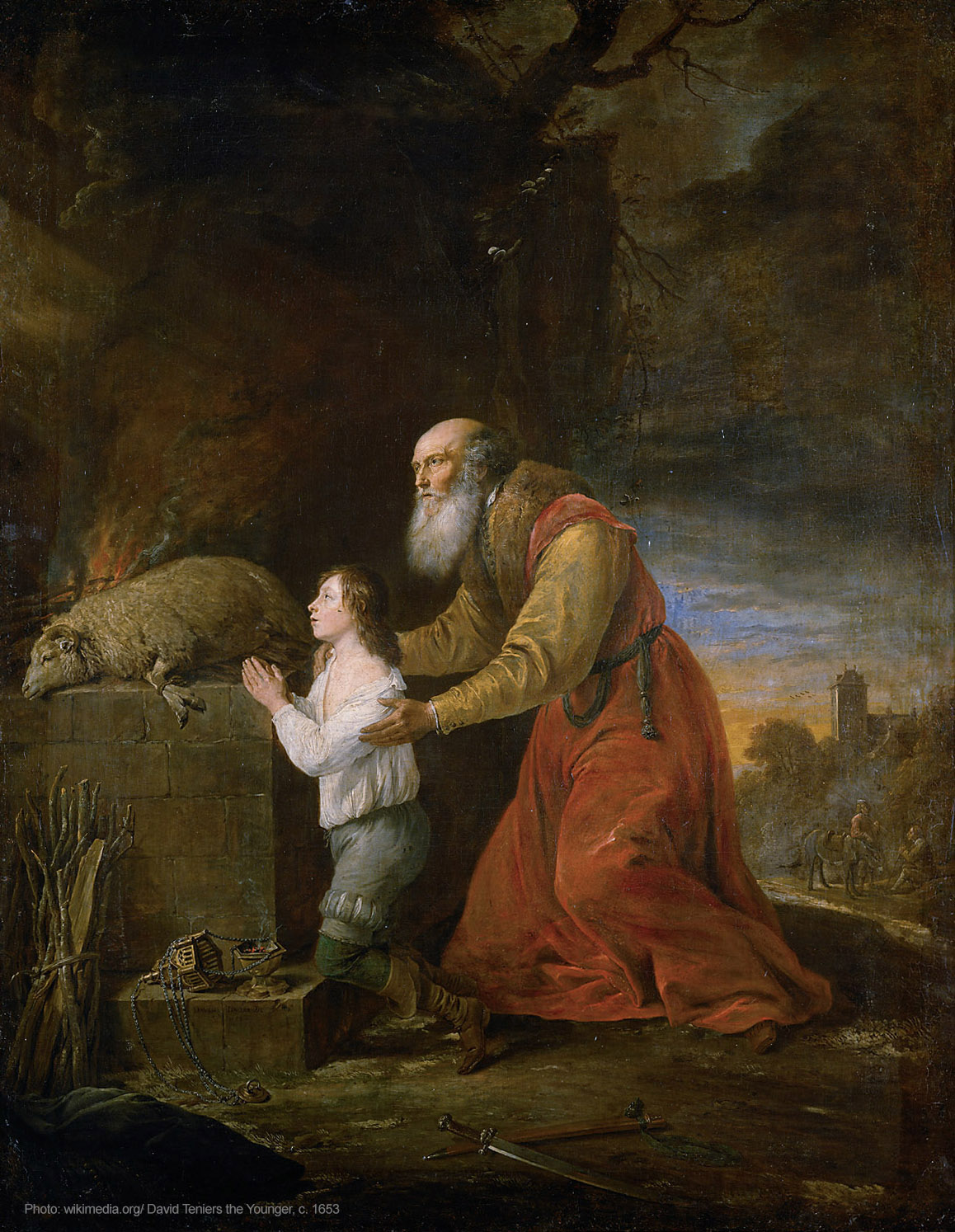Isaac: Our Patriarch of StrengthSýnishorn


Strength in Obedience
As previously mentioned, Isaac, the second patriarch in the Jewish Bible, is typically associated with the character trait of strength. Yet, of the three patriarchs, Isaac seems the least likely candidate to exemplify this trait.
Abraham was the first monotheist who refused to conform and who fought against the entire world for the sake of truth. Jacob faced a life of challenges, starting with his twin brother Esau, his epic wrestling match with God’s angel (Genesis 32:22-26), his years of labor under his treacherous father-in-law Laban, the death of his beloved wife Rachel, and the agony of believing that his favorite son Joseph was dead.
In contrast, Isaac’s life was relatively devoid of such drama. Isaac was born into a righteous family, never left the land of Canaan, had his wife handpicked and brought to him, and even prospered during a famine. For 180 years, Isaac lived not only a more tranquil life than his father and his son but also a longer one. So, how does Isaac represent strength?
Jewish tradition asks, “Who is a strong person? One who has mastered his inclinations.” True strength is the ability to control our natural tendencies and desires. In the Christian Bible, self-control is a fruit of the Spirit (Galatians 5:22-23), and one of the defining characteristics of a leader (1 Timothy 3:2). In this way, Isaac was a paragon of strength.
The first main event in Isaac’s life is found in Genesis 22—Abraham’s test from God in bringing Isaac as a sacrifice to Mount Moriah. While we typically focus on Abraham’s experience during this difficult test, the event was also critical to Isaac’s life. In both Hebrew and English, this incident is referred to as “The Binding of Isaac,” not “The Test of Abraham.” Isaac’s experience is at least as significant as Abraham’s was.
In Genesis 22, Isaac asked his father Abraham, “…where is the lamb for the burnt offering?” (v.7). Abraham replied, “God himself will provide the lamb for the burnt offering, my son” (v.8). Isaac understood he was the sacrifice, yet he did not run away or even protest. On the contrary, after Abraham answered Isaac, “the two of them went on together” (v.8). Clearly, Isaac was a willing partner in fulfilling God’s plan.
Had Isaac not been in agreement with Abraham’s intentions, surely there was ample opportunity for him to escape. He was old enough for a three-day journey by foot and carry the wood for the sacrifice. Abraham was well over 100. Surely, Isaac could have overpowered his father.
Isaac had the ability to change his situation, yet chose not to do so. Isaac’s strength was his mastery over his natural inclination for survival and his willingness to be the sacrifice.
Isaac was not sacrificed. As the angel of the Lord told Abraham, “Do not lay a hand on the boy… Do not do anything to him. Now I know that you fear God, because you have not withheld from me your son, your only son” (v. 12). Ultimately, what God desires is our obedience.
Obedience like Isaac’s requires strength. Like Isaac, we must put God’s will before our own—even if we must make difficult sacrifices. When Isaac gave himself to God, he gave us the example to do the same.
Ritningin
About this Plan

Isaac was the second patriarch of Israel and the Jewish people. He was the son of a promise—God's promise that Abraham would have a child to carry on his mission. Isaac also received a promise—he was the recipient of the very same promise that God gave to Abraham regarding the land of Canaan.
More








